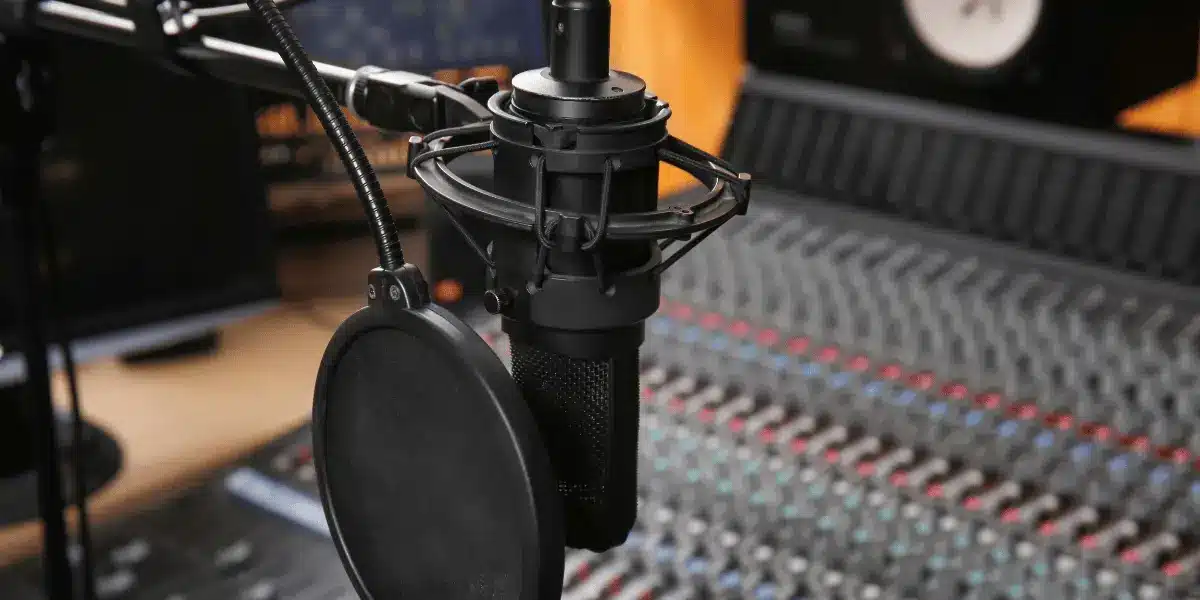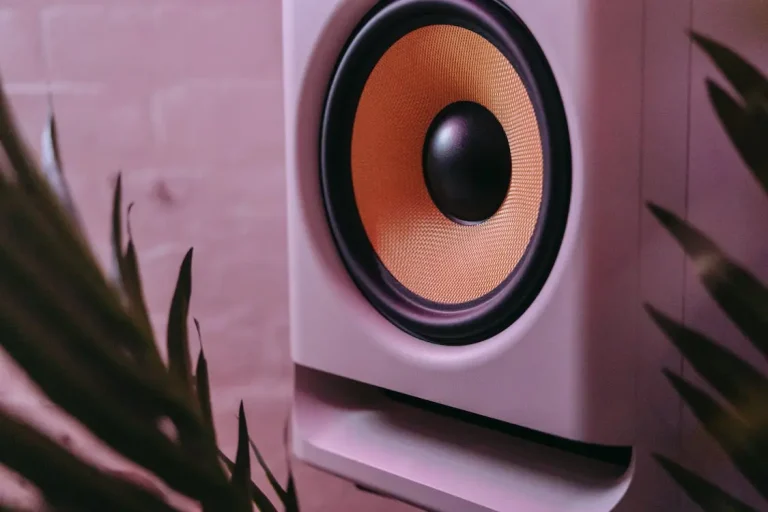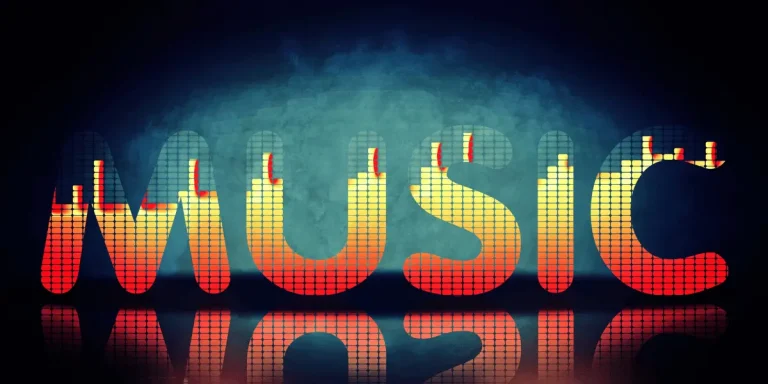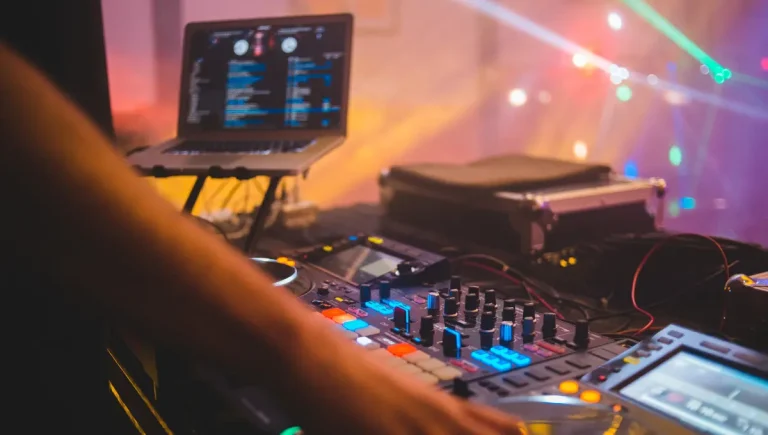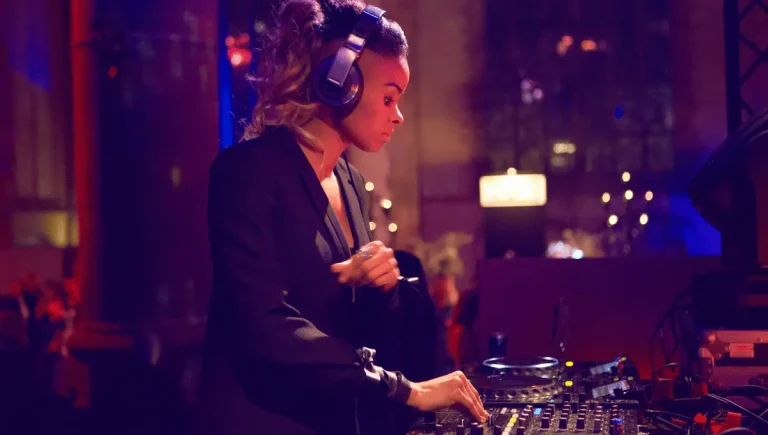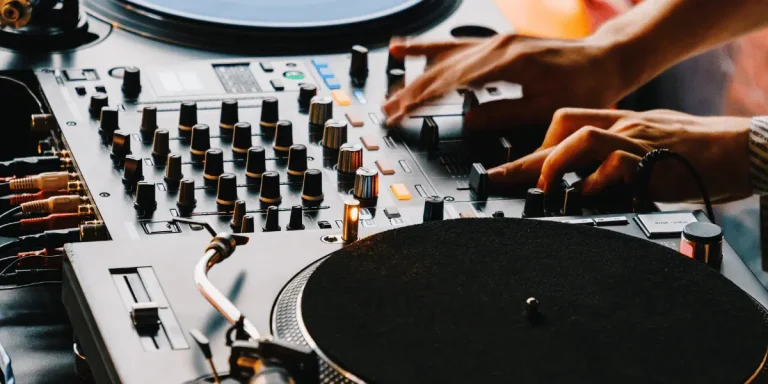How to Become a Radio DJ 2023
Becoming a radio DJ can be a rewarding and exciting career. To get started, you should focus on developing your communication and technical skills. This can involve gaining experience at a college or community radio station DJ. Taking courses or workshops in radio broadcasting, music production, creating a demo tape or recording of your work. Networking with other DJs and industry professionals is also important. With hard work and dedication, you can succeed as a radio DJ. If you follow all these instructions/tips then you can easily know “How to become a radio DJ”.
To develop your communication and technical skills, it’s important to have a passion for music and a willingness to learn. You should also be willing to work hard and put in the time and effort required to build your career. This can involve working long hours, including nights, weekends, being flexible and adaptable to changing situations. Finally, it’s important to be persistent and keep working on your craft, even when faced with rejection or setbacks. With time and experience, you can build a successful career as a radio DJ. We face the same question about how to become a radio DJ. With the help of our yearly experience we show you the best tips. Because we search a lot about this topic and tell you the best as much as we can.
What is a Radio DJ
First you need to know what a radio DJ is and how it works. A radio DJ is a person who hosts a radio show and is responsible for entertaining and informing their audience. They play music, share news and discuss various topics on the air. A radio DJ often has a specific format for their show such as playing a certain genre of music or focusing on a particular topic. They may also have guests on their show, interview people or take calls from listeners.
A radio DJ needs to have a good speaking voice, be able to think on their feet and have good knowledge of music and current events. They also need to be able to operate the radio equipment and follow broadcasting regulations. A radio DJ has to be able to engage their audience and keep them interested throughout their show. They need to be able to read the mood of their listeners and adjust their content accordingly.
Radio DJs have a long history, dating back to the early days of radio broadcasting. The first radio DJs were often announcers who simply introduced songs and read advertisements. Over time, however, radio DJs became more involved in the content of their shows and began to develop their own unique styles and personalities. Today radio DJs are an important part of the media landscape. Providing entertainment and information to millions of people around the world.
Some Steps to Become a Radio DJ
Here’s a more detailed breakdown of the steps you can take to become a radio DJ:
1. Gain Experience
One of the best ways to gain experience as a radio DJ is to work at a college. Radio DJ school or community radio station. These types of stations often offer opportunities for aspiring DJs to get hands-on experience with broadcasting and develop their skills in a supportive environment. You can also gain experience by working as a DJ at local clubs and events or by hosting your own podcast or online radio show.
2. Build a Network of Contacts
As you gain experience. It’s important to start building a network of contacts in the industry. This can include other DJs, producers, and station managers, as well as industry organisations and professional associations. Attend industry events and conferences to meet other professionals in the field and make connections that can help you advance your career.
3. Develop your Skills and Knowledge:
To become a successful radio DJ. It’s important to develop your skills and knowledge of the industry. This can include learning about the latest trends in music and broadcasting. As well as developing your technical skills with equipment and software. Take courses or workshops to learn new skills and stay up-to-date with the latest industry news and trends.
4. Create a Demo Tape:
Once you’ve gained some experience and developed your skills. It’s important to create a demo tape that showcases your talents as a DJ. This should include a mix of music and commentary that highlights your personality and style as a DJ. Be sure to make your demo tape professional and polished and tailor it to the type of job you’re applying for.
5. Apply for Jobs:
With your demo tape in hand. You can start applying for jobs at radio stations and other broadcasting outlets. Be sure to tailor your application to each job you apply for and be prepared to showcase your skills and experience in an interview. You may need to start with an entry-level job or an internship but with hard work and dedication. You can work your way up to more advanced positions.
6. Keep Learning and Growing:
Even after you’ve landed your first job as a radio DJ. It’s important to keep learning and growing in your career. Attend industry events and conferences, network with other professionals in the field. Continue to develop your skills and knowledge of the industry. With dedication and hard work, you can build a successful career as a radio DJ.
Conclusion
Radio DJs often have a loyal following of fans who tune in to their shows regularly. They may also have a social media presence. Using platforms like Twitter and Instagram to connect with their listeners and promote their shows. Radio DJs have the ability to influence the music industry by playing new and upcoming artists and by promoting certain songs or albums. They can also use their platform to raise awareness of important social issues or to promote charitable causes.
A radio DJ is an important part of the media landscape. Providing entertainment and information to millions of people around the world. They are responsible for engaging their audience, playing music, sharing news and discussing various topics on the air. Radio DJs have a long history and continue to evolve with the changing media landscape. They have the ability to influence the music industry and to raise awareness of important social issues. We damn sure you finally know “how to become a radio DJ”.
FAQs
It’s important to note that becoming a radio show host is not an easy feat and it requires a lot of hard work dedication and persistence. You may face challenges along the way such as rejection or setbacks. You must be prepared to keep working on your craft despite these obstacles. It can be difficult to gain experience and find opportunities in the highly competitive field of radio broadcasting. However, if you’re passionate about music and willing to put in the time and effort required then you can easily succeed as a radio show host.
The salary for a radio DJ can vary depending on a number of factors. Including their level of experience, the size, location of the radio station they work for. Also the specific job responsibilities they have. According to the Bureau of Labor Statistics the median annual wage for radio and television announcers was $35,360 in May 2020. However, this figure can range from less than $20,000 per year for entry-level positions to over $120,000 per year for experienced and high-profile radio DJs. Many radio DJs receive other benefits such as health insurance, retirement plans, and paid time off.

